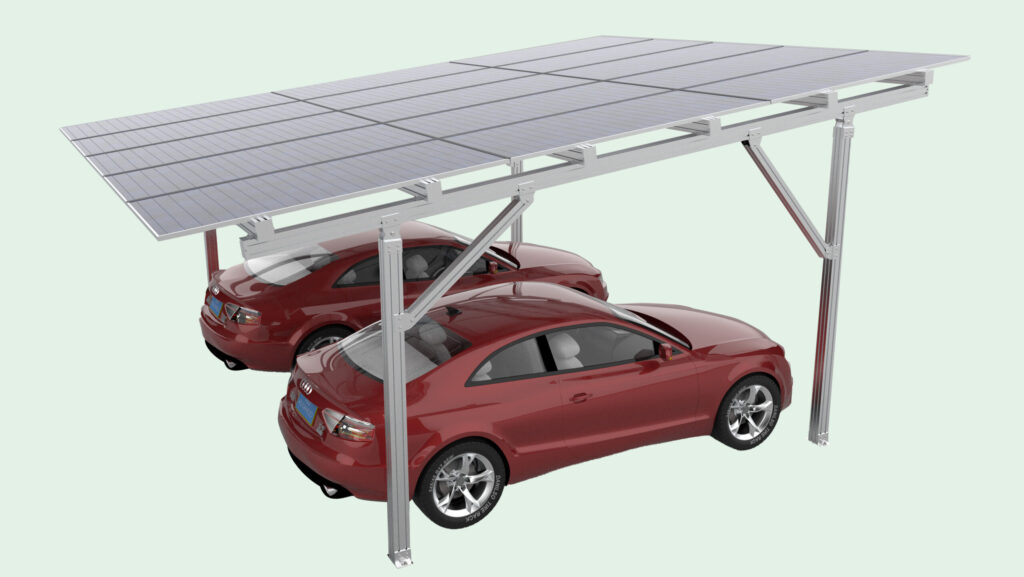The promotion of solar panels in the construction of an intelligent energy culture requires attention to the following aspects:
First, technology selection and adaptability
Technological advancement:
Select efficient and stable solar panel technologies, such as silicon solar cells or thin-film solar cells, to ensure their high conversion efficiency and stable performance.
Compatibility with intelligent buildings
Solar panels should be able to match the design, structure and function of smart buildings, achieving an integrated design with the buildings, such as Building photovoltaic integration (BIPV) systems.
Second, safety and reliability
Electrical safety
Ensure the electrical connection of solar panels is safe and reliable to prevent potential safety hazards such as leakage and short circuit.
Structural safety
When installing solar panels, the structural safety of the building should be taken into account to ensure that the panels do not fall off or get damaged due to natural factors such as wind and snow.
Lightning protection measures:
In areas with frequent lightning strikes, effective lightning protection measures should be taken, such as installing lightning protection devices, to ensure the safe operation of solar panels and the entire system.
Third, economic and benefit assessment
Initial Investment and Cost-effectiveness:
The initial investment in solar panels is relatively high, but in the long run, the energy savings and reduced carbon emissions they bring will bring significant economic and environmental benefits.
Investment payback period
It is necessary to reasonably assess the investment payback period of solar panels in combination with local electricity prices, light conditions and other factors to ensure their economic feasibility.
Fourth, environmental impact and sustainability
Environmentally friendly and pollution-free
Solar panels do not produce waste gas, waste water or solid waste during the power generation process, which is harmless to the environment and in line with the concept of sustainable development.
Resource recycling and utilization
After the service life of solar panels comes to an end, the recycling of their resources should be considered, such as reusing the semiconductor materials within them.
Fifth, compliance with policies and regulations
Understand local policies:
When promoting the application of solar panels in the construction of smart energy culture, it is necessary to fully understand and follow local policies and regulations to ensure the legality and compliance of the project.
Application for subsidies and tax benefits:
Actively apply for subsidies and tax incentives from the national and local governments to reduce project costs and enhance the economic benefits of the project.
Sixth, education and publicity
Enhance public awareness
Through educational publicity, enhance the public’s awareness and acceptance of solar panels and smart energy culture, and promote their application in a wider range of fields.
Display demonstration projects:
Build and showcase demonstration projects of solar panels in the construction of smart energy culture, display their practical effects and advantages, and enhance public confidence and interest.
Seventh, system integration and maintenance management
System Integration
Ensure that solar panels are seamlessly integrated with other systems such as the energy management system and energy storage system of smart buildings to achieve the optimal use of energy.
Maintenance management
Regularly inspect and maintain solar panels to ensure their normal operation and extend their service life.
Eighth, deal with challenges and risks
Technical challenges:
In the face of the challenges posed by the continuous innovation and development of solar panel technology, it is necessary to keep a close eye on and introduce new technologies to enhance the competitiveness and efficiency of the project.
Market risk:
Pay close attention to the market dynamics and policy changes in the photovoltaic industry, adjust project strategies in a timely manner, and reduce market risks.
In conclusion, the promotion of solar panels in the construction of an intelligent energy culture requires a comprehensive consideration of multiple aspects such as technology, safety, economy, environment, policy, education and publicity, system integration, and maintenance management to ensure the smooth implementation and sustainable development of the project.


